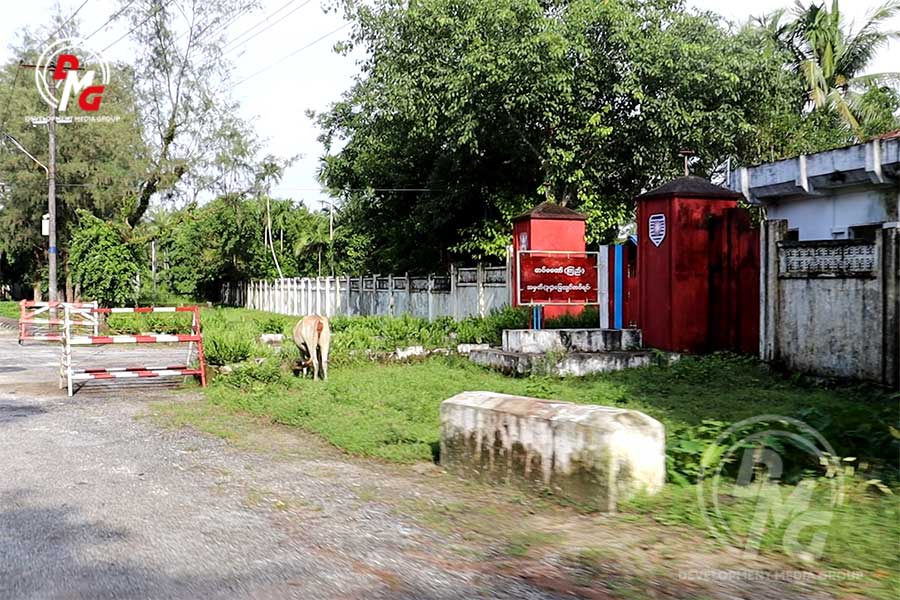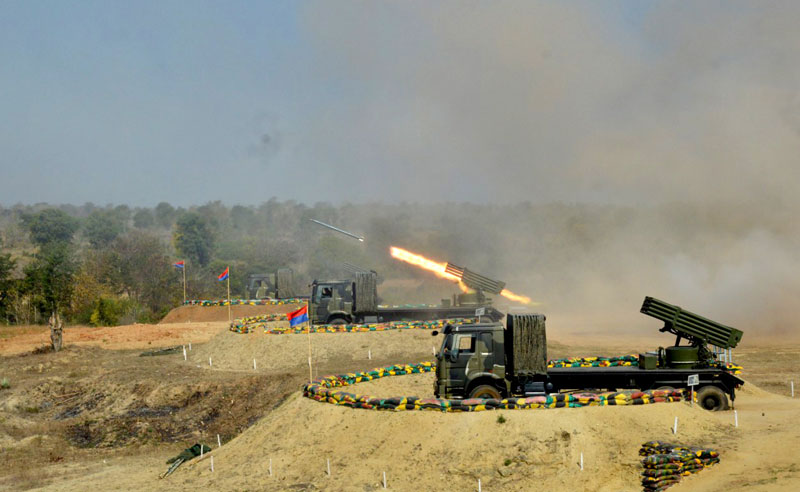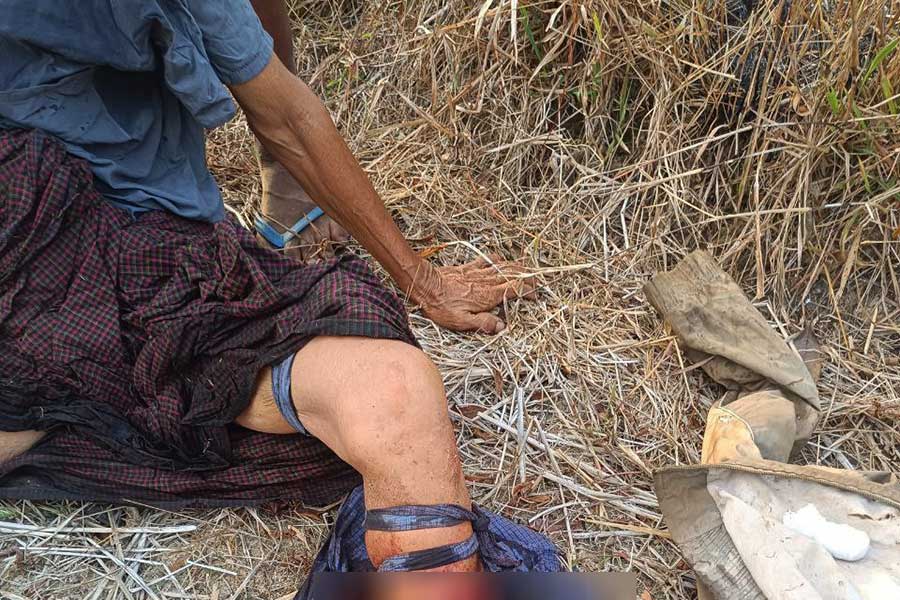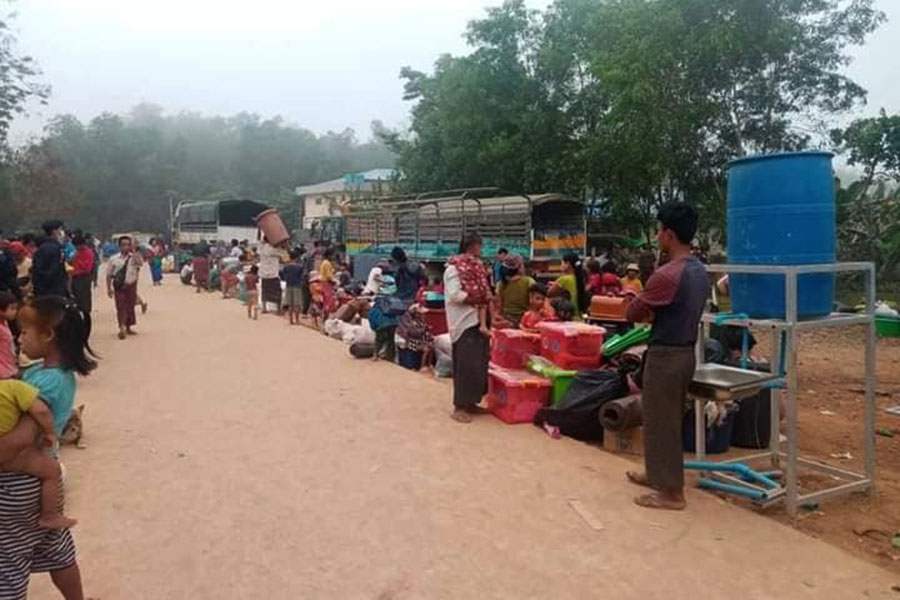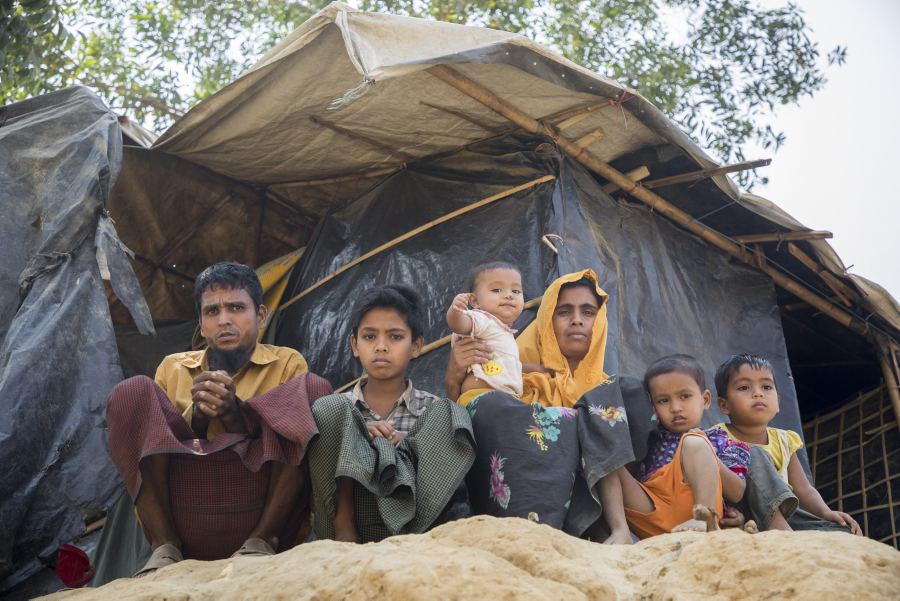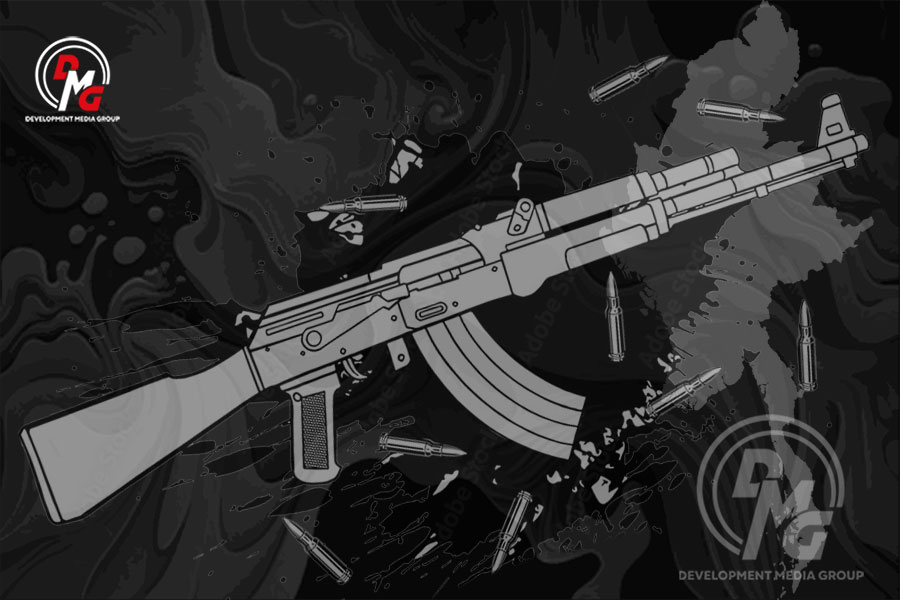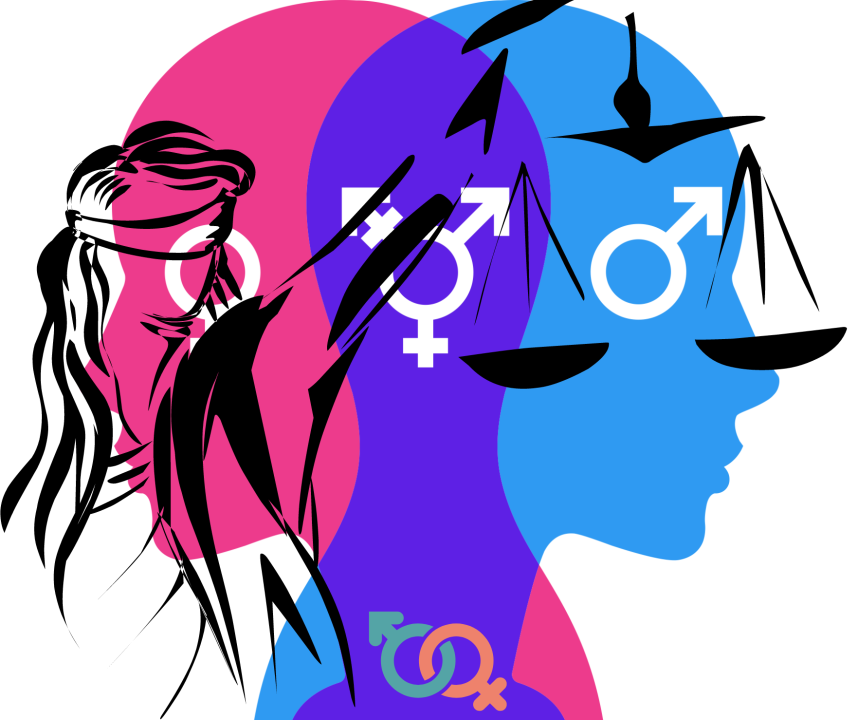- Regime shelling kills two civilians, injures another in two Arakan State townships
- Septuagenarian loses leg in landmine explosion in Kyaukphyu Twsp
- Muslim communities accuse regime of stoking racial strife
- Dozens of Muslims’ deaths blamed on diarrhoea in Sittwe Twsp
- Junta airstrikes rattle Mrauk-U Twsp village
Dozens of CSOs eye oppressive statutes for amendment or abolition
More than 50 civil society organisations called for amending laws that pose a threat to human rights in a joint statement released to coincide with Human Rights Day, observed each year globally on December 10.
10 Dec 2020

Thet Paing | DMG
10 December 2020, Sittwe
More than 50 civil society organisations called for amending laws that pose a threat to human rights in a joint statement released to coincide with Human Rights Day, observed each year globally on December 10.
With a focus on freedom of expression, the groups demanded amendments to a half-dozen specific statutes: Section 66(d) of the Telecommunications Law; Section 500 of the Penal Code; Section 34(d) of the Electronic Transactions Law; Section 25 of the News Media Law; Section 8(f) of the Law Protecting the Privacy and Security of Citizens; and Section 59 of the Anti-Corruption Law, according to Ko Ye Wai, research manager for the free expression advocacy group Athan, which was among the CSOs that signed Thursday’s statement.
“All these sections are stipulated as criminal laws. They should be amended as civil laws,” he said. “In countries where democracy has been adopted and they have full human rights, defamation is not a criminal charge. By using defamation as a criminal charge, political oppression can be exercised against people.”
During Myanmar’s ongoing transition to democracy, Ko Ye Wai said authorities including the government and the Tatmadaw had used these statutory provisions to bring criminal charges against many people.
“We mainly demand to amend the six sections to become one section because the definitions of these sections are not distinct. They are all for defamation,” he explained. “If there are many sections for one subject, there will be weakness in each law. There will be contradictions among these laws. I hope the new government and the new Parliament will amend them.”
U Khaing Kaung San, director of the Arakan State-based Wan Lark Foundation, said he found that the current government’s record on freedom of expression and respect for human rights was worse than its predecessor.
“In Arakan State, there are violations of human rights and unlawful arrests. Some people have died during interrogation. ... Activists from CSOs have been charged under various sections. These situations are obstacles to building peace, national reconciliation and mutual trust between the government and the people of Arakan State,” he said.
In the first four years of the incumbent National League for Democracy (NLD) government’s term, there were 539 cases involving violations of free expression nationwide, according to Athan, which said in a report earlier this year that the majority of those cases involved Section 66(d) of the Telecommunications Law.
The group Free Expression Myanmar has spent the past two years researching the defamation issue, holding discussions with CSOs, media organisations, lawyers, judges and lawmakers throughout the country. It has offered multiple “different options to reform [Myanmar’s] defamation laws in order to make them acceptable in a democracy.”
“Each option has its benefits and challenges,” the group says.


